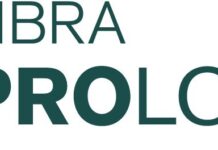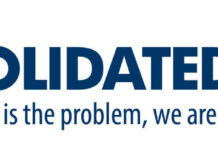SACRAMENTO, California, April 9, 2019 /PRNewswire-HISPANIC PR WIRE/ — It happens every tax season. Fly-by-night tax preparers who set up tables in shopping centers or rent offices spaces between February and April. They crank out countless tax returns, often touting “big and fast” tax refunds.
“We call them ghost tax preparers because they vanish after tax season. They never stay in one place or sign tax returns making them difficult to track down,” said Susie DiMaggio, chair of the California Tax Education Council (CTEC), a state-mandated nonprofit organization that manages the registration of more than 40,000 unlicensed tax preparers.
Paid tax preparers are required by law to sign (typed or handwritten) federal and state tax returns they prepare as proof they were retained for work – a detail ghost tax preparers bank on taxpayers overlooking.
“It seems small, yet it is one of the most important details,” said Esperanza Escobedo, CRTP and CTEC board member. “The validity of your tax return is really wrapped around their signature.”
Here’s how ghost tax preparers work. They print out tax returns for clients, tell them to sign and mail it out. What many taxpayers fail to notice is that instead of a name, the tax return is listed as “self prepared.” For electronically filed tax returns, their name is also left out.
Other typical scams include…
- Stick a business label on the tax return instead of signing it by name. Clients get the “label” copy so it looks as though they “signed” it; however, a blank copy without a business label is often filed.
- Claim they “forgot” to sign the tax return and promise to sign it after payment is received.
California taxpayers should always verify the tax preparer is legally qualified. State law requires anyone who prepares tax returns for a fee to be either an attorney, certified public accountant (CPA), CTEC-registered tax preparer (CRTP) or enrolled agent (EA).
Taxpayers can report ghost tax preparers at ctec.org. CTEC is a nonprofit organization established in 1997 by the California State Legislature to protect taxpayers against fraud and incompetent tax preparers.
SOURCE California Tax Education Council






